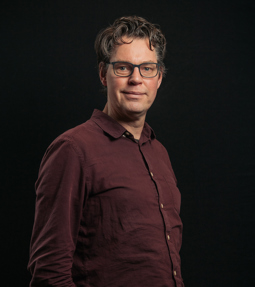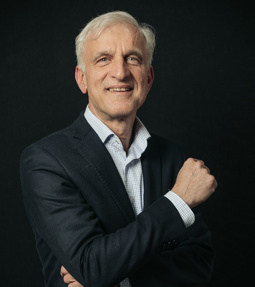Regenerative medicine focuses on the development of new treatments to repair or regenerate diseased tissues and organs, such as cartilage, bone or liver, to restore function and improve patients’ quality of life.
The Regenerative Medicine Medical Delta program follows two tracks. The first focuses on reconstructing cartilage and bone defects, the second focuses on disease models.
Reconstruction: creating complex tissue constructs
4D printing is a new technology developed at TU Delft. The shape or the mechanical properties of an object can be adapted over time when stimulated by pH, light, temperature or other physical stimuli. This technique will be used to create complex tissue constructs to direct cell behavior. Using this advanced technology together with stem cell technology, the researchers are building a proof-of- principle cartilage-bone unit to repair defects with a biological implant.
Disease models: mimicking diseases
Disease models are used to mimic a disease as precisely as possible in a laboratory environment by putting together cells to construct complex tissues. In this program, induced pluripotent stem cells will be used. These are stem cells that can differentiate into all different cell types – for example, a cartilage cell or liver cell.In Medical Delta Regenerative Medicine 4D we will apply printing technology to improve disease models of cartilage and liver. This will enable us to better understand these diseases.
Future perspective
3D and 4D printing technologies offer possibilities to generate better implants used for the repair of failing tissues / organs (for example but not limited to cartilage, bone and liver). The methodology will also be applied to improve in vitro disease models that can be used to develop and test medication thereby speeding up the quest for new pharmacological treatments. Patients with osteoarthritis, a joint disease affecting cartilage and bone that leads to reduced mobility and pain, could benefit from these developments. It could also help patients with liver diseases, as the shortage of donor livers for transplantation has driven the field to look for alternative solutions including early interventions.
Collaboration
Regenerative medicine is a multidisciplinary field in which medicine, biology and engineering provide solutions jointly. The Medical Delta region is an ideal habitat in which to stimulate these developments. This program combines unique 4D-printing technology developed in Delft with strong knowledge on stem cells, hydrogels and disease models in Rotterdam and Leiden. This collaboration brings the developments in the individually strong research groups to a higher level.









